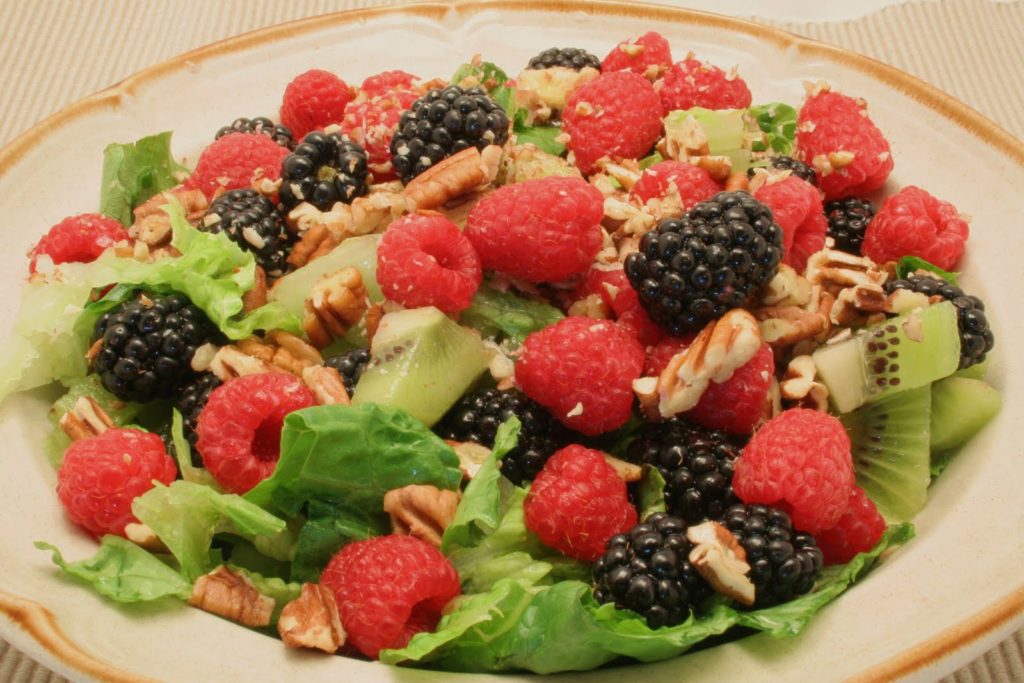How to Combat Elderly Loss of Appetite
Loss of appetite in elderly people happens and its going to happen to all of us. As we age, our metabolism slows to a crawl and, to a certain degree, we do as well. In other words, our level of physical activity decreases. These two items, slower metabolism and decreased physical activity, cause us to eat less as our bodies require fewer calories to function effectively.

This is a natural occurrence. However, sudden, dramatic and/or unexpected weight loss among your elderly family members can be a reason for concern and is probably linked to something more than a slowed metabolism and lack of exercise. Below are some potential reasons for the loss of appetite among seniors and a few tricks to stimulate appetites in the elderly. First, a few causes:
Changes in taste or appetite due to various health issues such as Alzheimer’s or Parkinson’s disease, certain types of cancer, mouth or throat infections, periodontal disease, thyroid disorders or salivary gland dysfunction.
The side effects of medications used to treat the above health issues as well as a myriad of others.

Lack of energy and/or desire to cook, especially for those elderly living alone. Depression can also play a factor here.
Lack of interest in food due to changing taste buds. As we age, our taste buds lose their effectiveness, not unlike everything else within our aging bodies, and this causes many seniors to eat less than they once did.
Next, a few answers to the question, how to increase appetite in the elderly?
Make meal time social time as well. Ensure, as much as possible, that seniors eat their meals with friends, family members, care givers, total strangers…you get the idea, if meals become a social occasion, people are likely to enjoy those meals and, consequently, eat more.
Create a meal schedule for the elderly in your life. All bodies, not just elderly ones, function better on a regular schedule. When we know we eat at 7:00, 12:00, and 6:00 we know we eat at 7:00, 12:00, and 6:00 and we do so on a consistent basis.
Use a meal delivery service like MagicKitchen.com especially for seniors who don’t like to shop for food, then prepare it and, lastly, cook it. The convenience alone can cause seniors to eat on a more regular basis.

Make healthy snacks readily available for grazing such as nuts, fruit, cheeses, and yogurt.
Provide smoothies and/or soup especially for those seniors with dental or throat problems. Just ensure they’re nutrient rich, as should all the meals seniors eat.
Provide meals with bite-size portions as many arthritic seniors can struggle with utensils. In other words, cut their steak for them.
Involve them in activities that involve food such as cooking classes, potlucks, and bake sales with their grandkids.

Make their meals visually appealing. It’s a proven fact that if food “appears” to be delicious, it’s more likely to be eaten. Therefore, work on your plating when you prepare a meal for the seniors in your life and foods of various colors can aid you in this endeavor (read my blog from two weeks ago regarding the nutritional value of colorful foods).

So, if elderly not eating is a problem in your family, you now know some potential causes and some cures as well. Just make sure that when you do get your senior relatives and friends eating that you provide them with nutrient dense foods and if you believe it to be a serious problem, consult a doctor.
You must be logged in to post a comment.